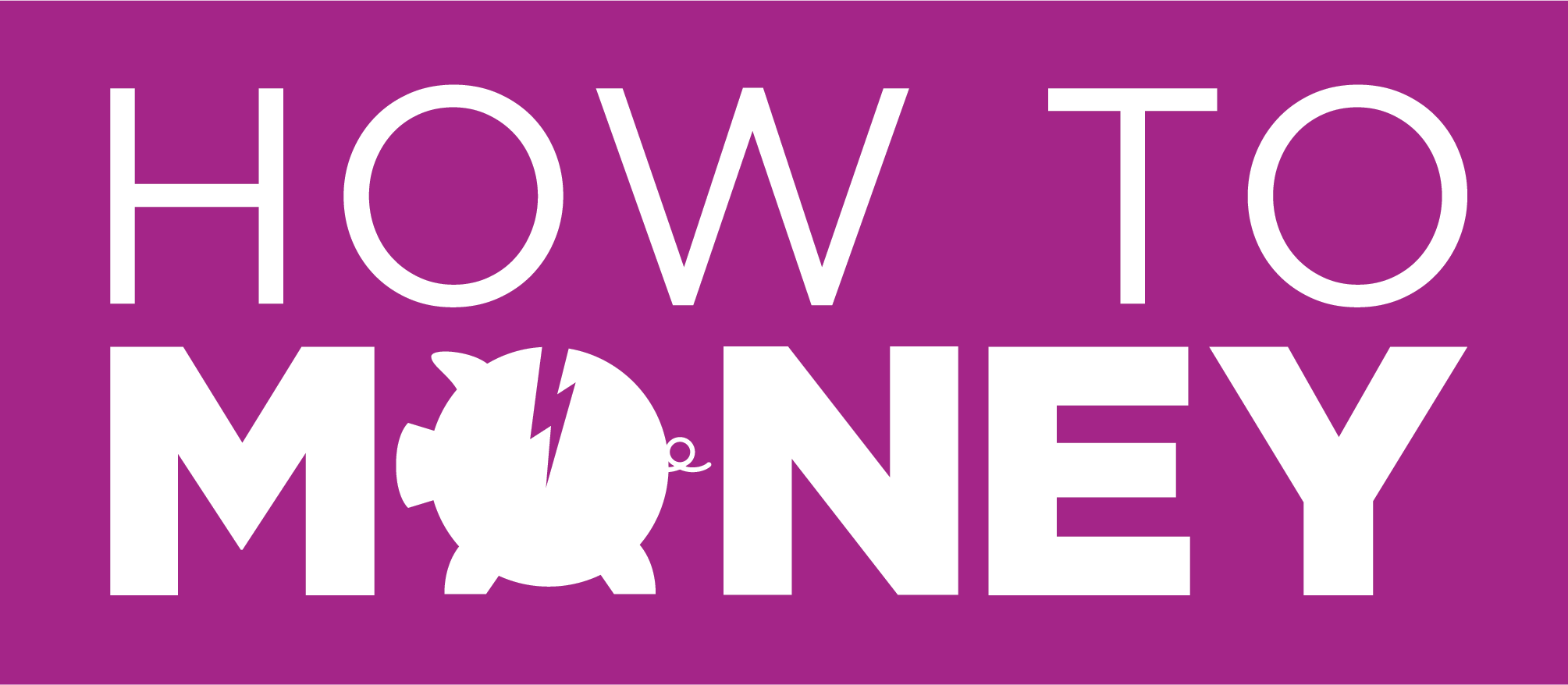
Exploring a Career in the Global FinTech Industry
Guest article by Marie Steinthaler, VP APAC at TrueLayer
Why is the FinTech industry growing so rapidly worldwide?
If you look at how the tech industry overall has grown globally, it’s huge. This can partly be explained by it becoming easier to start a software company. Nowadays, if you want to start a new cupcake recommendation app, you don’t need to buy your own servers or have a physical office. You can do it all very easily, and a lot of the infrastructure is available ‘as a service’ and you can get to market quickly, in a matter of weeks, not months or years.
Obviously, the lower hanging fruit of innovation was captured first — a lot of the consumer-facing, “easy” ideas have been built. Now innovators are looking at the more heavily regulated industries that haven’t benefited from this ‘first wave’ of innovation since a lot of the overhead on the technical infrastructure side is taken care of.
The same process that we saw with technology is now happening with regulatory and licensing. It’s now much easier to disrupt more established and heavily regulated industries such as finance and insurance, building on top of both technical and regulatory ‘infrastructure-as-a-service’. And even where there are complex new regulatory questions, since tech is easier, innovators can put more focus on the complicated worlds of regulation and finance and overcome them.
Fintechs today don’t need to suffer the back-end headaches that a lot of ‘early’ fintechs had, such as creating a bespoke payment processing system or applying for a banking licence. There are companies that have made this infrastructure and these services available. TrueLayer is one of these companies — we act as a foundation for many innovative fintechs, helping them grow while keeping fixed costs lower.
What does the future of finance look like?
Angela Strange got it right early this year when she said: “every company will be a fintech company.” Large established companies that pioneered the financial systems we use every day may not be the big financial players of the future unless they innovate.
Instead, companies with great customer relationships who know how to make use of consumer data well will increasingly move into finance and provide truly user-centric products.
Examples of this include Shopify, the multinational e-commerce giant who recently announced the launch of a debit card for merchants to use revenues from their e-commerce sales. I believe we will increasingly see ‘nonfinancial’ companies move into this space and disrupt established business models. They often know a huge amount about us through how we use their products, and with Open Banking, they can combine it with our spending habits in a powerful way.
Pros and cons of working in FinTech vs traditional financial firms
FinTech Pros
They say that working for 1 year in a growing fintech is the equivalent of working for at least 3 years in a traditional finance firm. Things move quickly, there’s lots of adaptation and thinking laterally, and far greater speed of execution. The learning curve at fintechs is steep and incredibly rewarding.
At fintechs there’s also less focus on hierarchy — great ideas are recognised and rewarded, so progression can be faster. Often you get as much responsibility as you can handle. At the best fintechs, the focus is on innovation and the customer need.
You don’t get as many silos or push-back along the lines of “this is how we’ve always done it”.
As fintechs are often leaner than traditional financial firms, employees also usually have the opportunity to work on things they’re not an expert in. This can be great for growth and building a diverse skill set, and also give people earlier in their career a better sense for what they might want to specialise in.
FinTech Cons
There are some downsides to working at growing fintechs, as these companies are generally leaner and change a lot. Some people don’t like high change, less structured environments, and find it difficult to adapt and learn on the go. There’s no wrong or right here, but it’s worth noting.
One flipside of less hierarchy and structure is that learning and development pathways aren’t always super clear. While not true for every fintech, there is generally more ambiguity about exact responsibilities and tasks.
This environment is great for self-starters who will throw themselves into it but of course, it’s not for everyone.
Smaller fintechs also often have fewer resources and have to do more with less as the company grows. This can build a great breadth of experience and resourcefulness, but it can also be exhausting.
What skills do young people need to work in emerging FinTech companies?
It’s less of a skill, and more of a mindset point: to work at a pioneering fintech, cultivate a growth mindset. Expect that you’re going to get into situations where you don’t know what you’re doing, and no one has the right answer. This mindset can be learned and is a unifying factor for a huge number of start-up founders and early-stage employees.
Working at a fintech is about finding the best solution to a complex problem, and solid decision-making.
If you get a bad result from a good decision-making process that’s okay — as long as you learn from it. Getting a good result from a bad decision-making process is more problematic because then you can’t replicate that process to get more good results in the future.
If you’re interested in the fintech industry it’s important to learn from others in the field — it’s one thing to say you like technology, but another thing to actually try building something, with others who also like to tinker. Demonstrating that your interest in technology and financial systems goes beyond lip service is going to be more attractive to employers. It will also put you on a better path to producing an innovative idea for your own company, should you wish to go down that path.
Finally, as you get into fintech, try to get an idea of what roles exist in the average startup, and what skills go with them. For example, if you want to be an engineer, you’ll need programming skills, product managers will need to know about their users’ needs and how to design and build products to respond to them, and there are always more ‘traditional’ business operations roles such as in strategy and finance. A good way to learn more about this is to read Fintech blogs, listen to relevant podcasts, and networking at meetups or virtual events.
Marie Steinthaler — HTM Guest Contributor and VP APAC at TrueLayer
Want to learn more about money and personal finance? Check out our article archive, the How To Money Podcast and the Australian Finance Podcast. Catch us on Twitter @HowToMoneyAUS and Instagram on @HowToMoneyAUS.
Important Information
The information on this blog and website is of a general and educational nature only. It does not take into account your individual financial situation, objectives or needs. You should consider your own financial position and requirements before making a decision, as we are not an advisory service. We recommend you consult a licensed financial adviser in order to assist you. The information is based on assumptions or market conditions which can change without notice, and this will impact the accuracy of the information provided. This website and blog occasionally provide links to third-party sites, aimed at helping you gather the information required to make an informed decision — we may receive payment for these referrals.






